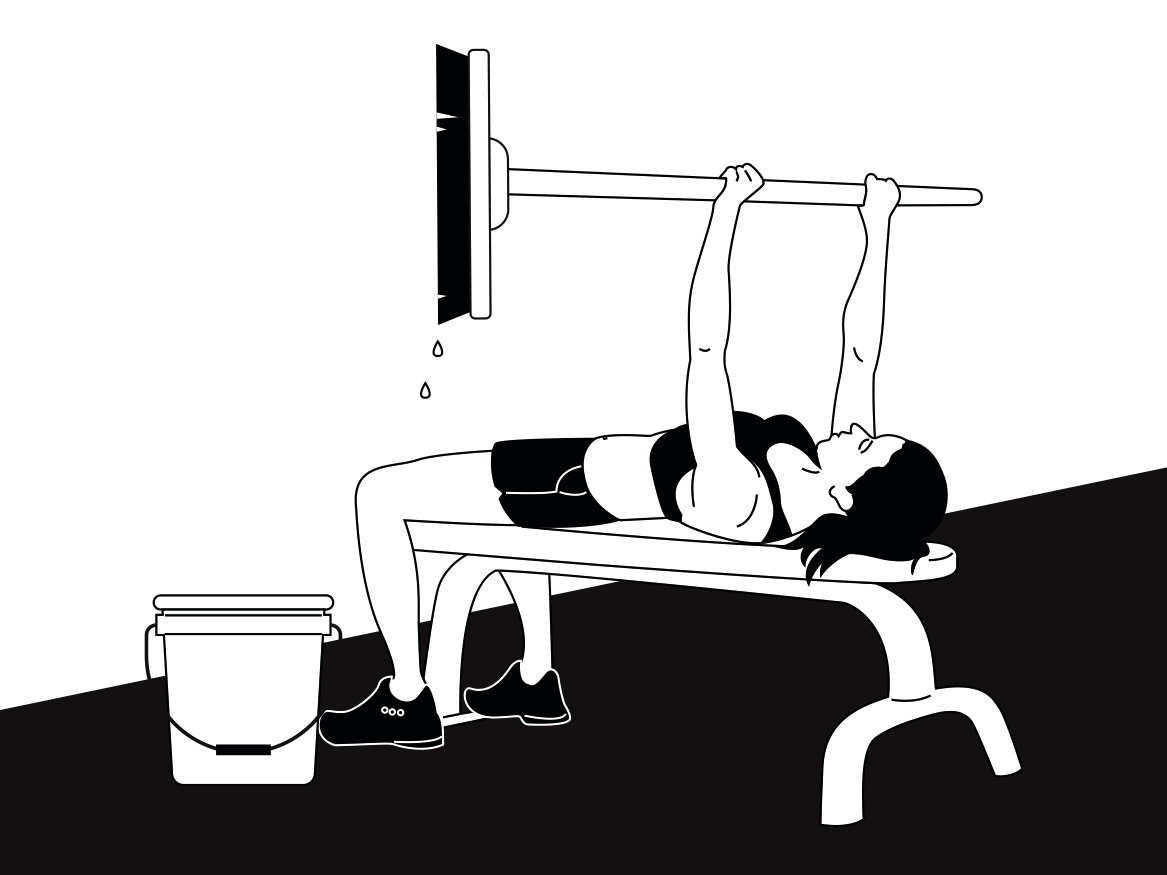All of us need encouragement from time to time because species of our kind is known to get easily demoralised. That’s why motivating ourselves or others is so bloody challenging. Especially, when we are on the path of changing a habit or achieving some kind of goal. Sense of progress becomes critical to get us moving. If we don’t get feedback, we could easily get derailed. And that brings us on to one of the most interesting studies we’ve read.
In 2007 researchers Alia Crum and Ellen Langer published their study of hotel maids and their exercise habits. They figured that an average hotel maid cleaned fifteen rooms a day, and each room took 20-30 minutes to complete. Now visually imagine them doing it. Walking, bending, pushing, lifting, scrubbing, dusting for 7-7.5 hours. That’s heavy duty exercising. But before the study began 67% of the maids said they didn’t exercise much! That’s like Arnab Goswami of Republic. complaining that he doesn’t get a chance to speak on air.
As part of the study one group of maids received a document describing the benefits of exercising and were told that their daily work was sufficient to get those benefits – that exercising didn’t only mean hitting the gym – it simply required moving of muscles to burn calories. The maids were also given a list of type of their work activity and calories burned. The maids in the second group were only given the document describing the benefits of exercising.
One month later maids who had been told that they were good exercisers lost an average of 1.8 pounds (about 0.8 kg). The other maids hadn’t lost any weight. Crum and Langer investigated possible explanations. Group one maids weren’t exercising outside of work nor working more hours nor had they changed their diet in any way. So Crum and Langer assigned the weight loss to the placebo effect – awareness of the ‘exercise value’ of their daily work triggered the weight loss – the maids got a mental boost from the ‘daily work is exercise enough’ knowledge.
Chip and Dan Heath, authors of Made to Stick, Switch and Decisive, argue that in placebo effect situations apply to conditions that are self-reported. For instance, instead of a pain medicine, you take an anti-depressant and the doctor asks you “How do you feel?” and report saying you feel better. But in the case of the maids losing weight, the scale reported real weight loss – not just a feeling of the maid. The Heath brothers say “The maids having gotten a jolt of enthusiasm from the good news, may have started scrubbing the showers a little more energetically than previously and maybe started walking a bit more and took the stairs. They exerted extra effort because now they believed they were perhaps closer to their goal of exercising and losing weight than before.”
All we need is a nudge. Nudge is all we need.
